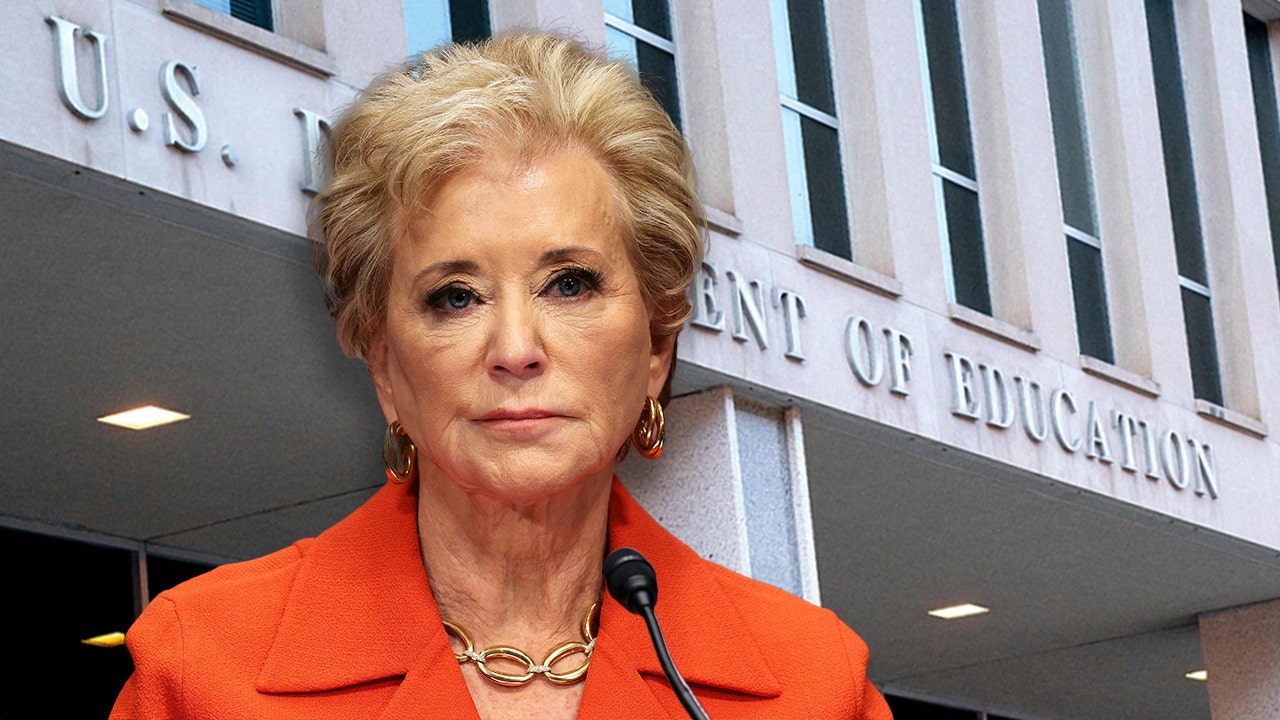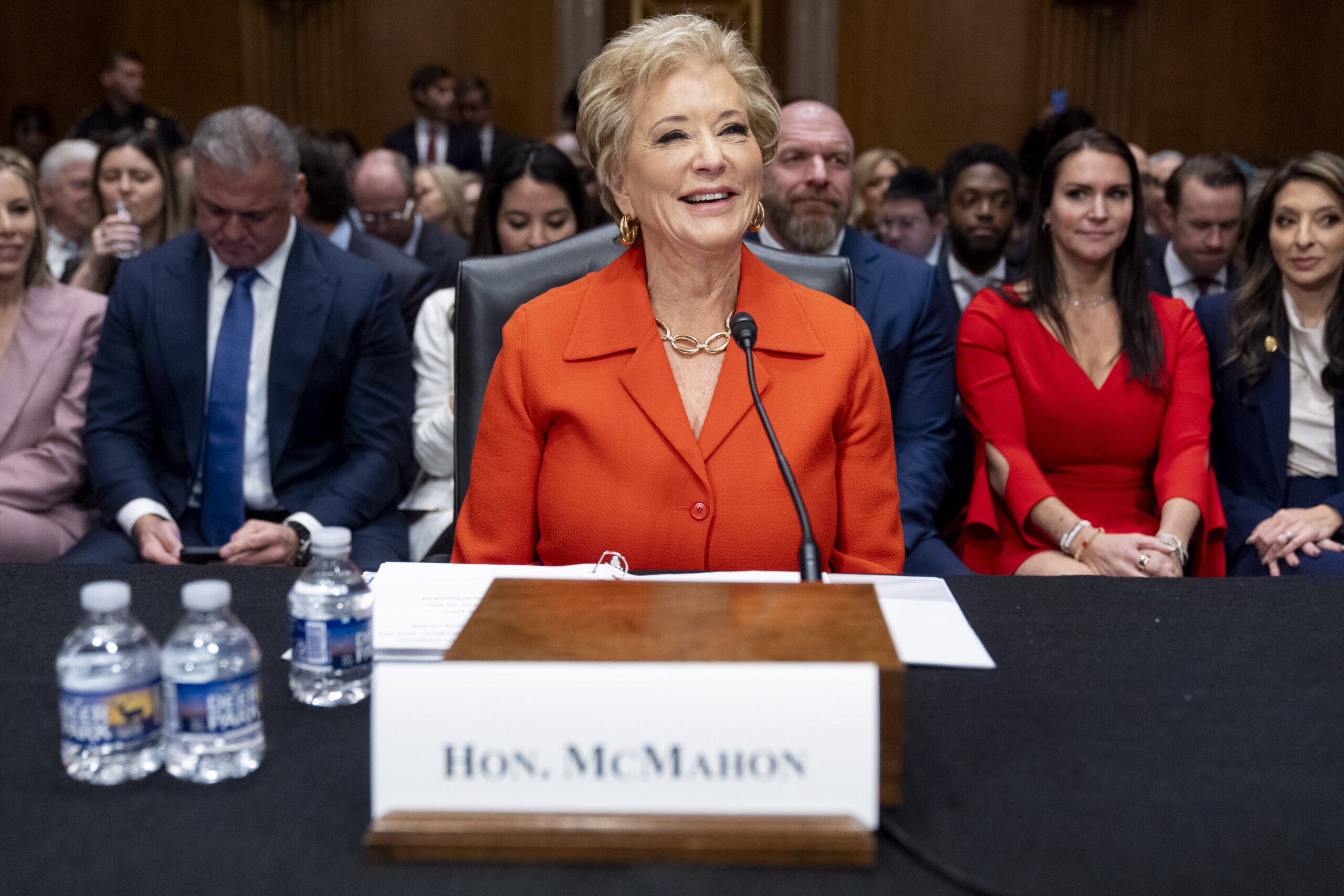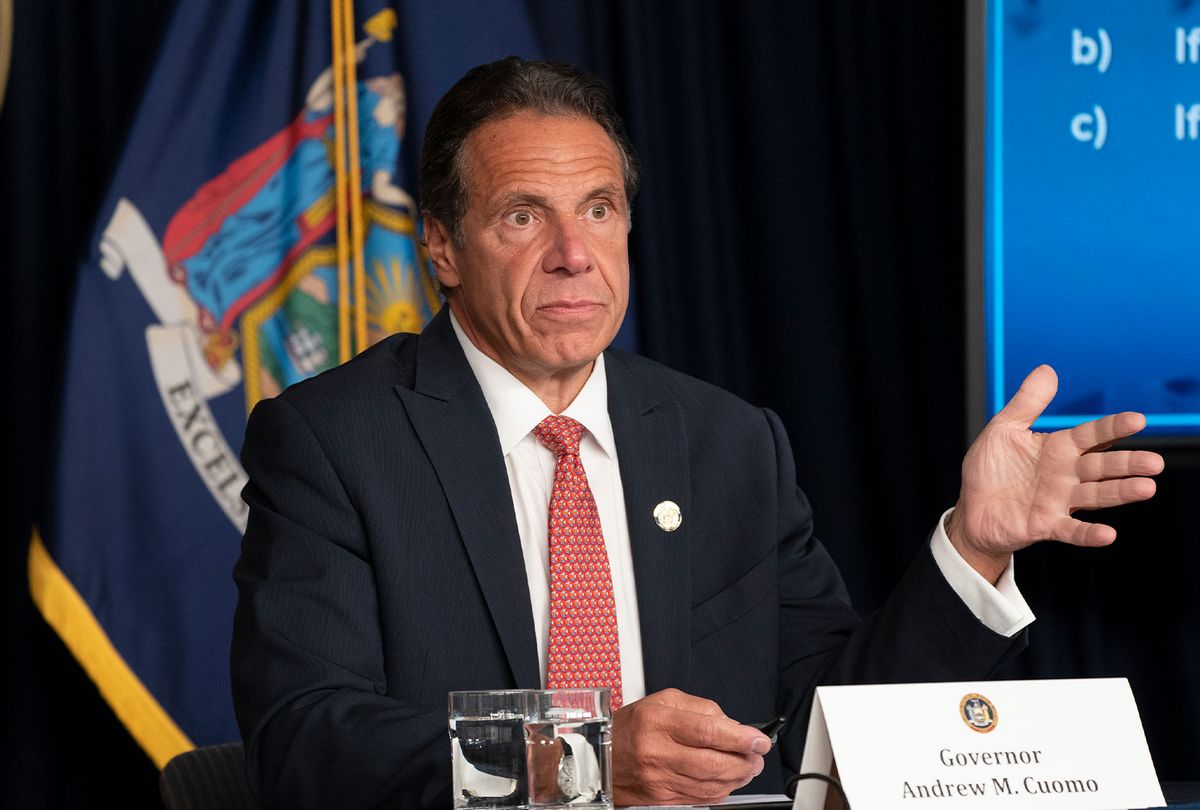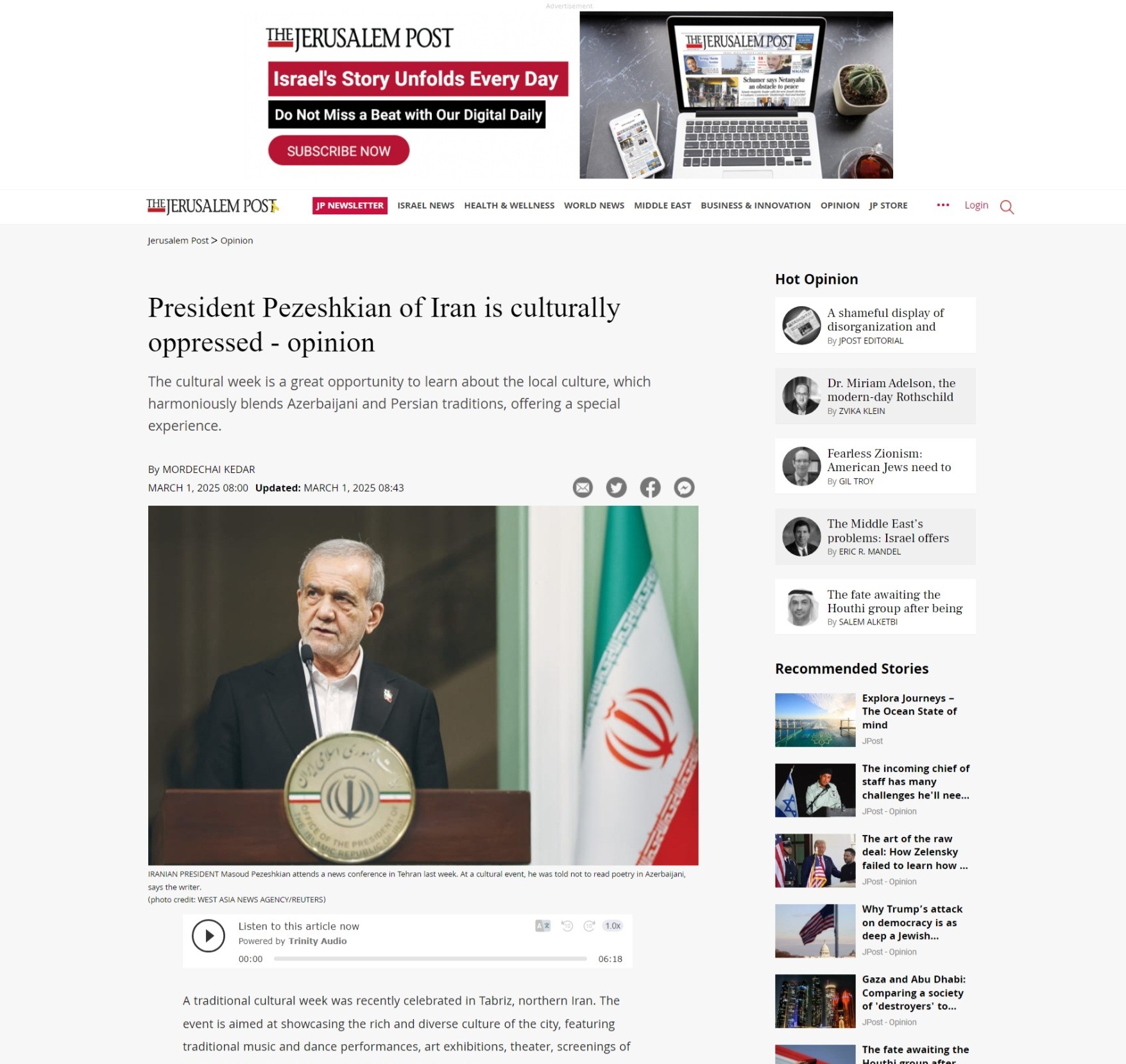- High Noon, a tribute to Lynyrd Skynyrd and southern rock and roll, will perform July 1 on the stage at Point Park. (Photo Provided)
- REO Survivor, a tribute to REO Speedwagon and Survivor, will perform on Aug. 5. (Photo Provided)
- Sounds of Summer, a Beach Boys tribute band, will perform on June 3. (Photo Provided)
- Randall “Randy” Joseph Broda
- The Centerfold Lounge, located at 5854 Emerson Ave., caught on fire Monday evening. Fire crews from the Waverly Volunteer Fire Department, the Vienna Volunteer Fire Department and the Williamstown Volunteer Fire Department responded. The building was a total loss. (Photo by Brett Dunlap)
- Lawrence Roy Ford
- Democratic lawmakers in the West Virginia Legislature stood by their calls for pausing the state gasoline tax in a press conference Tuesday. (Photo by Steven Allen Adams)
- Christa Hein, of Bring the Farm to You, holds a section of a maple tree to discuss the outer and inner layers of bark. (Photo by Amy Phelps)
- Hein uses a hammer to put a tap into the demonstration tree. (Photo by Amy Phelps)
- Hein pours maple sap into cups for participants to sample. (Photo by Amy Phelps)
- Parkersburg City Councilwoman Sharon Kuhl, right, spoke during Tuesday’s council meeting at the Municipal Building as Councilwoman Jesse Cottrille listened. (Photo by Evan Bevins)
- Parkersburg City Councilman J.R. Carpenter explained his support for a resolution requiring three public meetings to get input from the public about future American Rescue Plan Act funding allocations during Tuesday’s council meeting. (Photo by Evan Bevins)
- Parkersburg City Council President Zach Stanley spoke during discussion about whether to require three public meetings and committee review for future American Rescue Plan Act funding allocations during Tuesday’s meeting. (Photo by Evan Bevins)
- Parkersburg City Councilwoman Wendy Tuck spoke during discussion of a resolution reallocating federal CDBG pandemic relief funds Tuesday. (Photo by Evan Bevins)
- William Donald “Willie” Randolph
- Arlene M. Taylor Snyder
- Outgoing Wood County Schools Superintendent Will Hosaflook and Board President Justin Raber sat together at the Wood County Schools Board of Education meeting Tuesday. The board is interviewing candidates for Hosaflook’s replacement. (Photo by Larry Launstein Jr.)

Parkersburg City Councilwoman Sharon Kuhl, right, spoke during Tuesday’s council meeting at the Municipal Building as Councilwoman Jesse Cottrille listened. (Photo by Evan Bevins)
PARKERSBURG — A reallocation of federal pandemic assistance money passed unanimously at Tuesday’s Parkersburg City Council meeting, while a resolution setting forth specific requirements for future American Rescue Plan Act funding allocations failed by one vote.
Council voted 7-0 Tuesday to shift $222,847.49 from funds established in the early months of the pandemic to assist families and small businesses to efforts by six entities to prepare for future pandemic situations. City officials first fielded questions about whether there was still a need for the Small Business and Family Relief funds.
“We don’t know what’s going to happen in the near future,” Councilman J.R. Carpenter said. “We don’t even know what the new normal is.”
Development Director Ryan Barber said $227,726 had assisted 31 small businesses and helped create or retain 161 jobs, but no one had applied for funding in the last four to six months. From the Family Relief Fund, more than $65,000 helped 56 households avoid utility cutoffs or evictions.
Barber said state and federal programs largely addressed the needs the programs were designed to meet and at greater levels. In recent months, the U.S. Department of Housing and Urban Development broadened the parameters for the money, allowing it to be put toward “making our nonprofits more resilient and … ready for the next pandemic,” he said.

Parkersburg City Council President Zach Stanley spoke during discussion about whether to require three public meetings and committee review for future American Rescue Plan Act funding allocations during Tuesday’s meeting. (Photo by Evan Bevins)
Carpenter suggested moving money from a yet-to-be-used rental assistance program, but Barber and Joyce said that program is part of the HOME budget and has different criteria.
The money will be reallocated as follows:
* $80,000 to the Boys & Girls Club of Parkersburg for energy efficiency upgrades.
* $50,000 to SW Resources for heating, ventilation and air conditioning upgrades.
* $26,700 to the Children’s Home Society for facility enhancements.

Parkersburg City Councilman J.R. Carpenter explained his support for a resolution requiring three public meetings to get input from the public about future American Rescue Plan Act funding allocations during Tuesday’s council meeting. (Photo by Evan Bevins)
* $25,300 to the Family Crisis Intervention Center for HVAC upgrades.
* $25,000 to the Arc of the Mid-Ohio Valley for Americans with Disabilities Act facility enhancements.
* $15,847.49 to Wood County Recreation for a Youth Scholarship Program promoting outdoor activities.
Carpenter, Councilman Bob Mercer and Councilwoman Wendy Tuck were in the minority voting for a resolution that would have required council to hold three public meetings before any money from the city’s next approximately $11 million allotment of ARPA funds is allocated. It would also have mandated the appropriations go before the appropriate council committee and make all proposed appropriations “subject to consideration by City Council in order to enable a full and complete assessment of all qualified projects eligible for the funds.”
Councilwoman Sharon Kuhl said people can share their thoughts on how the money should be used during the public forum of any council meeting, as well as by contacting council members.

Parkersburg City Councilwoman Wendy Tuck spoke during discussion of a resolution reallocating federal CDBG pandemic relief funds Tuesday. (Photo by Evan Bevins)
“We did have a public meeting, and it was announced, and only four people showed up,” she said, referring to a Nov. 30 special meeting attended by a handful of people, four of whom spoke.
That meeting was held after council allocated $7 million of its first $11 million from ARPA for a Parkersburg Utility Board water system enhancement project with an eye toward lowering a needed rate increase and $200,000 to help leverage funds to extend water and sewer service to the top of Fort Boreman Hill. The remainder of the money went to the Southwood Park pool enhancement ($1,894,227), stormwater improvements ($1 million), nonprofit assistance ($525,000) and premium pay for employees ($305,976).
“All the decisions for the first half of this money have originated internally,” Carpenter said. “Once it’s on the agenda, that’s too late to hear other ideas.”
The PUB project was discussed at a special council meeting prior to the July session where the $7 million allocation was approved. The other items were introduced as council resolutions without prior committee meetings, although the Fort Boreman project was discussed at an earlier meeting.
Tuck asked how the November public hearing was publicized, adding she’s seen good attendance at recent town hall meetings she’s held. Council meetings drew larger crowds when motorized bikes and a moratorium on new residential recovery facilities were on the agenda, she said.
“If we can’t give some time for people to say how this $11 million can be spent, we’re really missing a big boat,” Tuck said.
Council President Zach Stanley said that in addition to the public hearing, there have been 20 council meetings since the first round of ARPA funding was received. He said he welcomes public input but is concerned that adding layers to the process could cost Parkersburg money as cities around the country are looking to spend these funds.
“That’s the only thing that worries me about this,” Stanley said.
Kuhl and Councilman Austin Richards said they have received input from constituents about the funding outside of council meetings.











































Discussion about this post